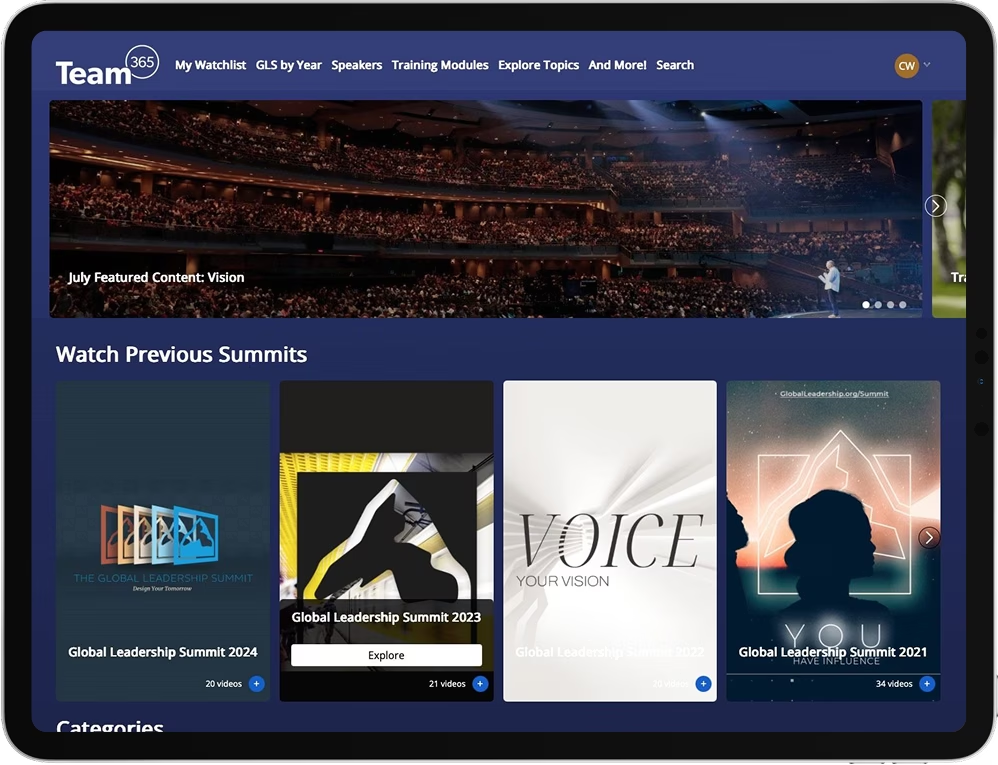How does a leader recognize and cultivate the three virtues of Hungry, Humble and Smart on their teams? This recent interview with Patrick Lencioni helps us learn more.
Question: What are the three essential virtues of an ideal team player?
Lencioni: There are three required virtues that make someone an ideal team player. Those are humble, hunger and smarts. The most important of those virtues is humility. The ultimate foundation of being a team player is a person being willing and able to put the team’s interests above his or her own. Only a truly humble person can do this effectively. The second virtue required is hunger, the desire to work hard, make a difference and get things done. The third and final virtue is something I call smarts. It has nothing to do with intelligence, however, but is all about social awareness and interpersonal common sense. Ideal team players, in addition to being humble and hungry, demonstrate smarts with their ability to understand their colleagues and work with them effectively.
Question: In The Ideal Team Player, you return to the subject of teams. Can you tell us why?
Lencioni: During the past twenty years of working with leaders and their teams, I’ve seen time and again that when a team member lacks one or more of those virtues, the process of building a cohesive team is much more difficult than it should be. In fact, in some cases, it’s impossible. We’ve been using this approach to hiring and managing at The Table Group since our founding in 1997, and it’s proven to be a remarkable predictor of success, as well as a reliable explanation of failure. As a result, I’ve come to the conclusion that these three seemingly obvious qualities are to teamwork what speed, strength and coordination are to athletics – they make everything easier.
Question: Why do you call them “virtues” rather than characteristics?
Lencioni: I refer to them as virtues because the word virtue is a synonym for the nouns “quality” and “asset.” It also connotes the idea of integrity and morality. Humility, which is the most important of the three, is certainly a virtue in the truest sense of the word. Hunger and smarts fall more into the “quality” or “asset” category. Also, the word “characteristic” can imply that these traits are static – you either have them or you don’t – which is not the case. Humility, hunger and smarts can be adopted and developed in people who commit themselves to cultivating these virtues.
Question: How can someone build a workforce of people who are hungry, humble and smart?
Lencioni: The most reliable way to ensure that teamwork takes hold in an organization is to hire only ideal team players. Of course, that is neither possible nor practical, especially considering that most leaders don’t have the luxury of creating their teams from scratch. But all leaders can certainly do their best to try to recruit, select and hire people who are humble, hungry and smart when an opportunity arises to bring on someone new. While there currently isn’t a diagnostic tool for selecting and identifying those with these virtues, in my book I’ve outlined some interview questions and assessment resources that can help managers and leaders mine for hungry, humble and smart in potential job candidates. By interviewing thoroughly and checking references with an eye toward a candidate’s reputation and behavior, a manager can hire people with a high degree of confidence that they’ll be good team players.
Question: What about existing employees? What if you have employees who don’t exhibit these qualities?
Lencioni: Thankfully, while some people may be more naturally inclined to exhibit humility, hunger and smarts, they are not inherent traits and can be adopted by anyone with a desire to embrace them. Leaders can evaluate their people against the three virtues in order to help them identify what they need to work on for their own good, and the good of the team. That’s always the preferred outcome.
Question: How does this new book fit together with The Five Dysfunctions of a Team?
Lencioni: Many of the readers of my first book on teams have been involved in consulting and training activities around the five dysfunctions model which focuses on how a group of people must interact in order to become a cohesive team. This book, and the “humble, hungry, smart” model, focuses on the individual team member and the virtues that make him or her more likely to overcome the dysfunctions that derail teams. We’ve found that some teams hit a wall in their progress in overcoming the dysfunctions. In many cases, they can break through that wall by having team members go deeper into their individual development around the virtues that might be holding them back. Further, the model and tools in my new book provide yet another opportunity for team members to be vulnerable with one another. By sitting down and acknowledging their strengths and weaknesses – and remember the leader should go first – a team can develop greater levels of trust, which make conflict, commitment and accountability that much more likely.
The original interview can be found on The Table Group website here.
Related

Meet David Ashcraft, Global Leadership Network CEO: A Passion for Leaders

How One Church Is Reshaping the Story of Its Town

Why You Should Trade Your Leadership Pipeline Mentality for a Leadership Culture
.jpg)
Leading the Spark: 5 Books on the Intersection of Creativity and Leadership

“Thank You for Seeing Us as People”: Leadership and Hope Inside Graham Correctional Center

The Tech CEO who sold his home to live with the formerly homeless
Leadership That Lasts
Team365 isn’t just a platform. It’s a commitment to grow, lead and live with purpose — every single day. Whether you’re here for content, community or clarity, you’re in the right place. Your leadership matters. Let’s keep going.





